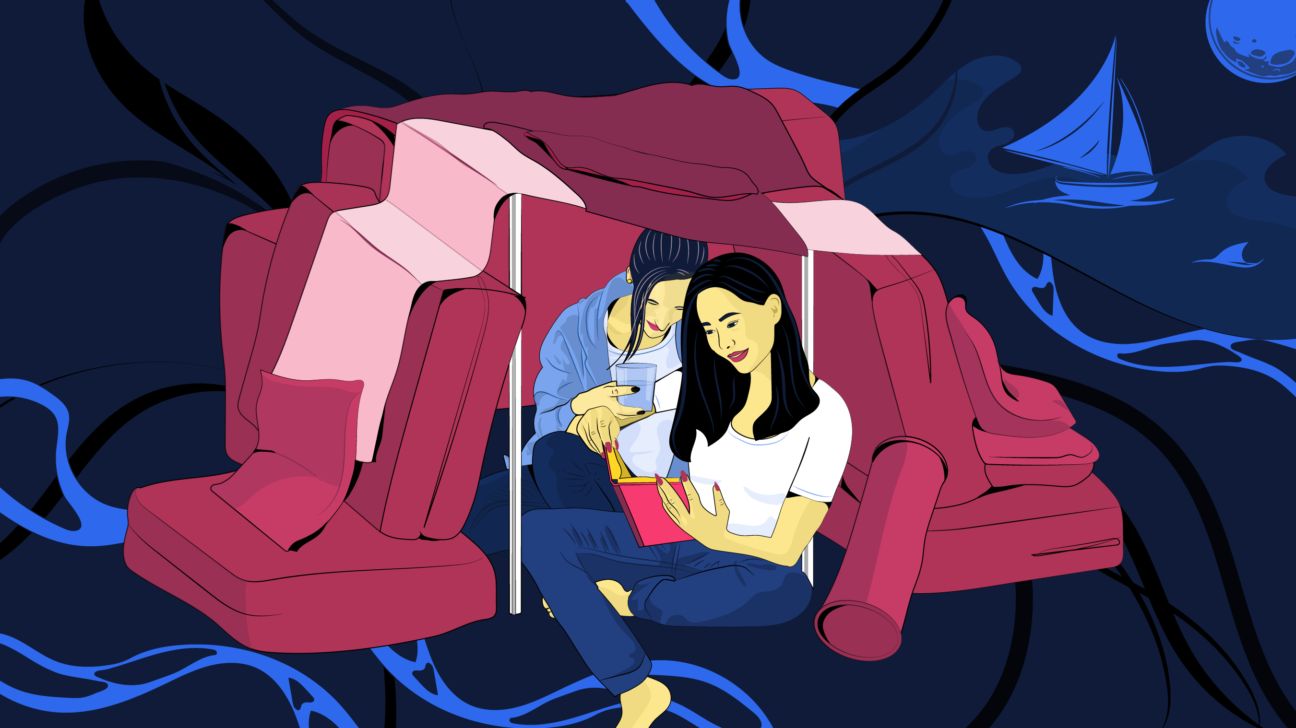
Just before New York went into lockdown, my wife and I attended a reading at our local indie bookstore. My wife, who lived out her history major by taking part in a colonial reenactment in which she won the tomahawk-throwing and iron skillet-hurling contests, picked up Karen Abbott’s Liar, Temptress, Soldier, Spy.
Had I known this would be our last public outing, I’d have stocked up on more reading material. As it is, the memory of that night — our last normal excursion — is what sustains me during isolation. So does Abbott’s book, a true story of four female Civil War spies, which my wife and I read aloud to one another almost every night.
As the pandemic spread, my freelance writing clients dropped like flies. I alternated between 2008 recession flashbacks and back-burner tasks like updating my portfolio. My wife transitioned into work-from-home life. We hunkered down, leaving the house only to walk the dogs or take socially distanced hikes on backwoods trails.
Our Civil War book puts things in perspective. I’m anxious and afraid — but I’m stuck in my house, not in an 1860s prison or cross-dressing to fight for the Union, where discovery could mean imprisonment or institutionalization. If the women in Abbott’s book could make it through tough times, then I can too.
Reading is also a way to pass time, of which we have plenty, without spending much money. And after a day of staring at screens, a book feels more intimate and intellectually stimulating than Netflix. The ASMR-style relaxation lulls me into a sense of safety in these upside-down times. I get a good night’s sleep.
I’m not the only one to seek out soothing escapes through pages during the pandemic. Journalist Tony Tekaroniake Evans says he and his wife read poetry out loud. Evans, who has written 35 articles on the new coronavirus in recent weeks, gets a “visceral connection” with his wife and “perspective on the human condition” from reading Walt Whitman.
Imani Francies, a writer and researcher who often battles anxiety and depression, says, “Reading aloud to my beloved has been a great way to ease nerves and pass the time.” Her boyfriend “never [finishes] a book” but enjoys being read to and knows it reduces her anxiety, which is “in a frenzy” right now.
The benefits of reading aloud might seem to suggest cohabitation, or at least a willing roommate, but those self-isolating alone can partake via (what else?) Zoom. Book blogger Kelly Roberts started the online San Francisco Book Club for Women. While club members occasionally read aloud before the pandemic, they’ve made it a regular practice amid COVID-19 and use a randomizing software to ensure different readers.
“It helps all of us feel as if we have company as opposed to just being by ourselves in our homes,” says Roberts, who’s noticed that reading aloud helps her appreciate small details she might have otherwise missed. “Sometimes when you’re reading, you’ll often zone out and realize you completely forgot about what you just read.”
Reading is often portrayed as a solitary activity. As an introverted child with my nose in a book, I was constantly accused of shutting out the world. But with lockdown cutting us off from loved ones or straining our energy through too much togetherness and too little differentiation between days, a book becomes something we can share.
Reading to each other becomes like a tent fort, a cohabited imaginary world that lets us escape, together, at a time when it’s most needed.
Lindsey Danis is a Hudson Valley-based writer who covers food, travel, and LGBTQ stories. Follow her on Instagram and Twitter.
